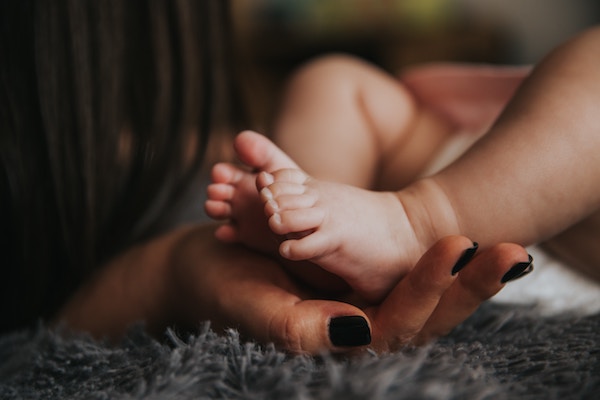If today you get to know that the child you have been bringing up, was changed in the hospital and your real child is there for you to take. But you’ll have to give back the child you’ve been calling your own all these years. What would you do?
If the doctors told you that your biological child is better looking, has higher IQ and is nicer and funnier, would it make things any easier? Now, imagine if such a proposition is sent across to someone who is raising a child with a special need, what would their answer be? Do you think, their answer would be different than others?
Most would think that parents of children with special needs will not even blink twice to change their ‘faulty’ children, at least anybody in their right mind would do it. Yet, not even a single parent, I asked this question to, seemed excited about the idea, they almost felt protective of the little people they have.
I find this quite liberating and unexplainable that though at one point in our lives we could’ve done everything to change or not have this child ( If told early on in the pregnancy) but in due course of time, how strongly we start to feel about them. And even after knowing that they are not our biological children, we remain the same. Parenting and emotions take over the biology.

What does it really say about us? About us humans and our growth trajectory as parents or nurturers. This knowledge opens many doors for us to understand human psyche and how our brain and societal narrative have the ability to trick us.
It can also mean that many circumstances, relationships and opportunities that we anticipated as completely non-workable may not have been so? Can our brain trick us into believing they were more (or less) important than they actually were? But that’s not the real question today. The question is the unimaginable power of human acceptance and love and how it can shake the deeply engraved human flaws.
Also read: If You Could, Would You Choose To Be A Special Parent Again?
Can bonds, emotions, relationships and parenting change the core of who you are or at least attempt to? And irrespective of how an evolved brain and society defines what an ideal spouse, child or life should be, can unconventional experiences teach you lessons that many in the past have not had access to?
By now we all know that one of the major functions of the pre-frontal cortex is to be an experience stimulator. Because of this super power, we can just imagine and not have to perform tasks to figure whether they are harmful or exciting for us. For example, Chocolate popcorn. One doesn’t have to eat it to predict what the taste will be like. And this is new for us humans, at least in terms of evolution. Because, for the first two thirds of our history, the size of our ancestors’ brains was within the range of those of other apes living today. Our brains are bigger and do many more functions including being the stimulator.

I wonder if this stimulator also scares us about experiences that it has no clue about. For example frightening us more than we should really be, on the event of our special child’s birth. It can, because in the last few thousand years, it has not had much positive information and experiences about special needs children. And brains don’t work in vacuum ( Neurologist or brain scientists can correct me). Many of these stimulations could be based on information that may be ancient and not relevant to today’s time.
I am no brain scientist but very sure that our thoughts can trick us into believing things that may not be necessarily true. And Neuroscientists do agree that we construct what we need to see in the moment. It isn’t necessarily what’s there. Our brain fills in the gaps, it projects our feelings and emotions and experiences onto a situation before it interprets. You can read about ‘confirmation bias’ and how it involves favouring information which confirms previously existing beliefs or biases. There are indeed predispositions that can influence how you perceive people, events or situations. And awareness, can help you stay alert about your perceptions, skews and biases. Birth or raising a child with special needs is one such event.
Though in spite of this, bonds and emotions give way to acceptance, for parents of children with special needs, across the board. Surprisingly parents who have spent years grieving and being depressed, eventually feel content and often grateful about their life experience.

But how can this information change anything today? How does it make a difference in your life or mine. It does! It means that whatever crippling thoughts we may have for the future of our children with special needs, are not entirely true; because this time, we are living in the experience, and the exposure our children are getting, is unprecedented.
And our brain may not have the past knowledge to make us calm about this, at least evolution or perception wise. So it is natural for us to feel distressed or worried but there is a strong possibility of neither, because our children and we are born into the best times that we could be born in. By just being aware of what’s going on in our mind, we can make better decisions in our life, whenever necessary, we can step back from emotionally charged situations and take the step that’s right for us and is best for our child.
In the end, it is important to remember that our experiences define us and mould us into who we are. People who’ve spent decades in prison on crimes they didn’t commit have shared how that experience changed them into better human beings! This almost seems foolish but major life traumas in our lives challenge the popular beliefs and provide us with perspective and purpose. And if you have these two, you often treat any catastrophe with a life lesson and how it can change one into a better being.






